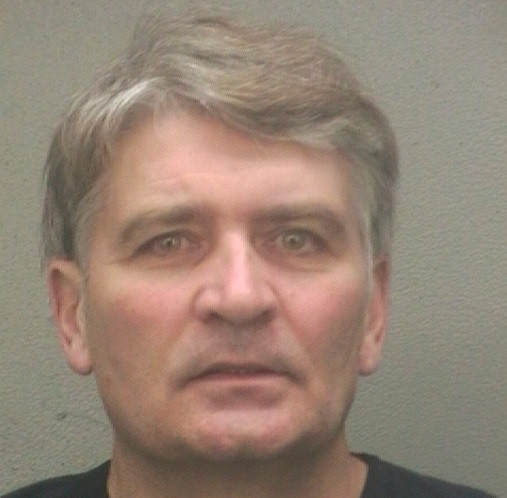Raoul Weil Trial: Ex-UBS Wealth Boss's Defence Could be Torpedoed by Underling Martin Liechti

As jury selection begins for the Florida trial of former UBS wealth management boss Raoul Weil, testimony from his immediate underling Martin Liechti could torpedo the banker's defence, reports Bloomberg.
Former federal prosecutor Dan Levy said Leichti, the former head of cross-border banking at UBS, is the chief witness against Weil.
His testimony about conversations held with Weil could seriously undermine the ex-wealth management boss's defence, which is expected to be that Weil was unaware of what people were doing in other parts of the bank.
Weil is being held in connection with an investigation into $20bn (£12.6bn, €15.8bn) of assets belonging to US clients of UBS, which were hidden from the IRS.
Back in 2009 UBS avoided prosecution in the US by agreeing to pay $780m in fines and penalties to the US government and later agreed to hand over data on 4,450 "secret" accounts.
Weil, who was extradited on an international warrant while on holiday in Italy last year, is by far the highest-ranking executive to be snared by the case's expansive legal reach.
Liechti was detained in 2008 but then released a few months later without being charged after he signed a non-prosecution agreement with the US Department of Justice. In exchange, he agreed to testify whenever prosecutors required him to appear before any grand jury or at trial.
The trial might also reopen allegations regarding a team of 60-strong UBS wealth managers who, according to prosecutors, are said to have travelled to the US and used counter-surveillance techniques while assisting rich Americans to hide their assets from the taxman.
Since his arrest, Weil has maintained his innocence and blamed others for the bank's misconduct. His attorney, Aaron Marcu, argued Weil sat atop a $4tn business and oversaw thousands of employees worldwide and was unaware of what a small group of bankers did with US clients.
However, Leichti's testimony could support the prosecution – in which case his "credibility will be hotly contested", noted Levy.
"The government's case is likely to be that Weil knew that at least some US taxpayers had accounts at UBS for the purpose of evading taxes and that, when some of the rules changed in 2001, Weil and others took steps to continue to facilitate tax evasion," said Levy.
The rule change relates to a QI agreement that allowed UBS to open accounts for US clients with foreign stocks and bonds without having to report them to the IRS.
© Copyright IBTimes 2025. All rights reserved.






















